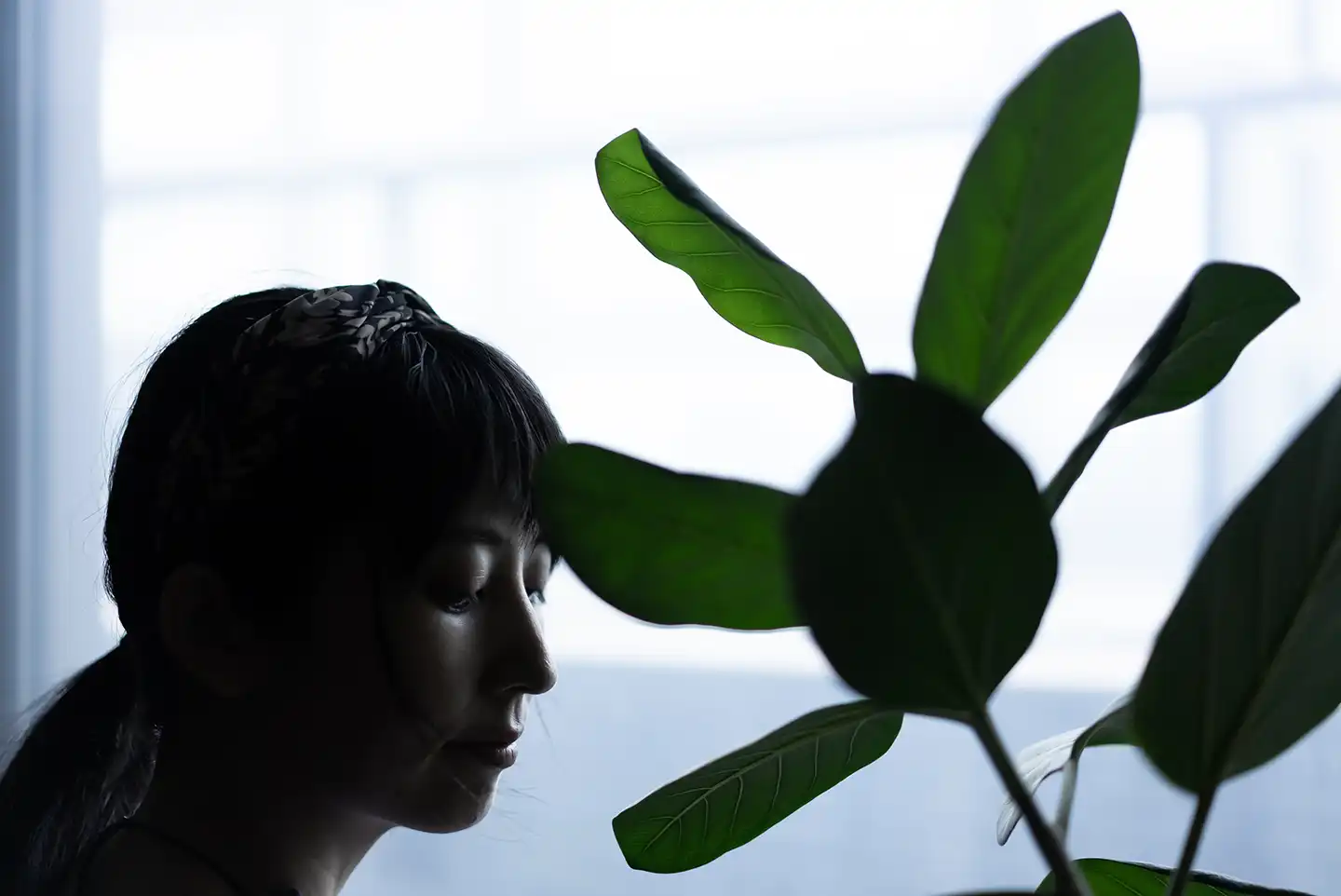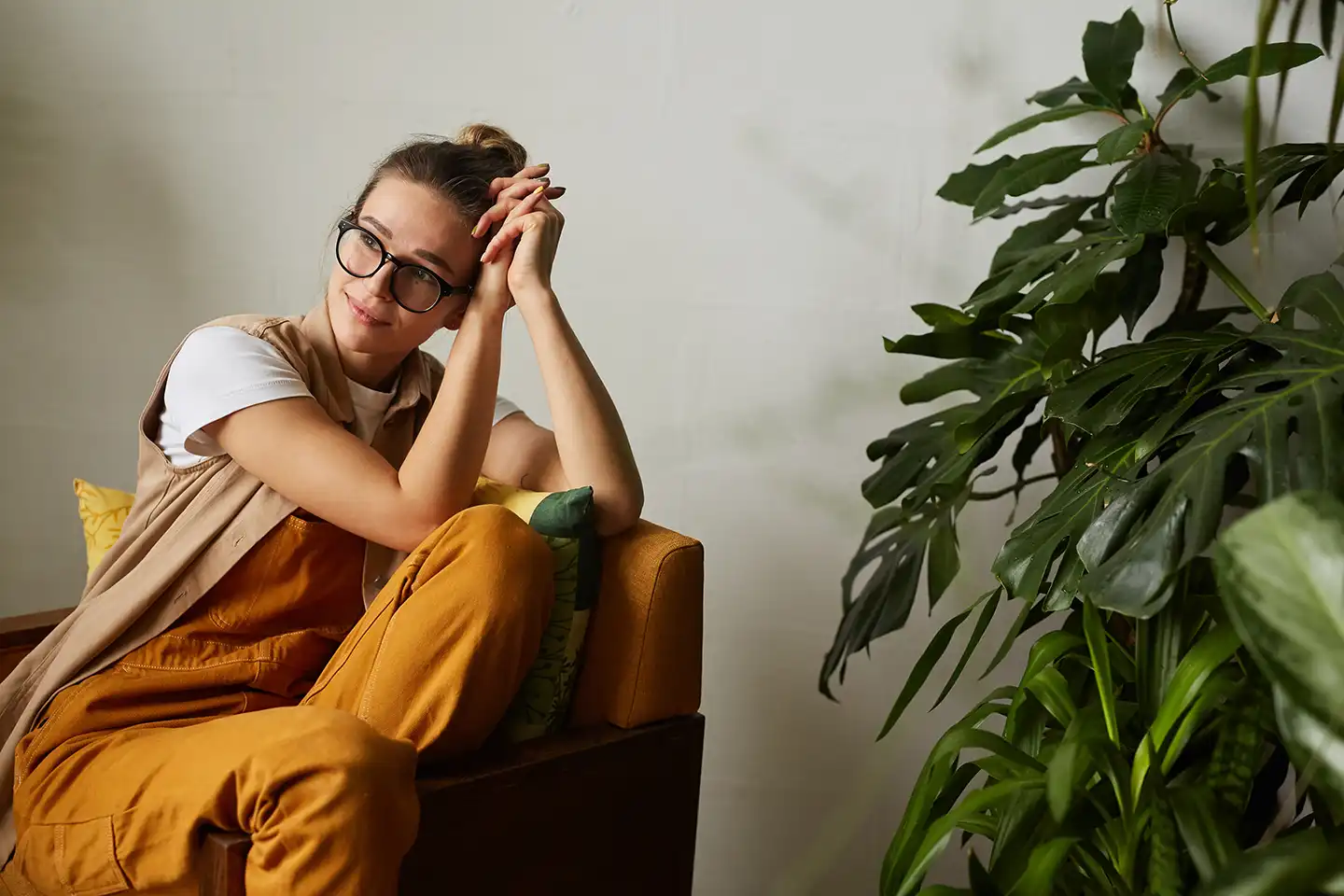Diving into the natural phenomenon that is helping to soothe the minds of many
Did you know that physically connecting with nature can offer both mental and physical therapeutic benefits? We’ve seen how incorporating indoor plants into living spaces can help clear your mind and boost your mood, but what about the physical act of gardening itself? Horticultural therapy has helped millions around the globe in rehabilitative, vocational and community settings. So, what is it and how can it help you? We’re breaking it down for you below.
What Is Horticultural Therapy?
Horticultural therapy is a natural practice that has withstood the test of time, and the therapeutic benefits of being in garden environments have been documented since ancient periods. In the 19th century, Dr. Benjamin Rush, a signer of the Declaration of Independence and recognized as the “Father of American Psychiatry,” was the first to document the encouraging effects that gardening had on those with mental illness.
Horticultural therapy uses plants and the natural world to improve the social, spiritual, physical, mental and emotional well-being of individuals who participate in it. It can include digging in a garden or working with potted indoor plants alone, or even doing these types of activities with a licensed horticultural therapist. Therapeutic gardens are also widely popular and can provide a means of passive interaction with nature for those who may experience limitations or challenges with the act of physical gardening.
How Can Horticultural Therapy Help?
Not limited to just treating mental illness, horticultural therapy is embraced for a much wider range of diagnoses and can help improve memory, language skills, coordination, balance and cognitive abilities. Today, this practice is widely accepted as a beneficial healing method requiring specific training and registration with the American Horticultural Therapy Association.
Licensed horticultural therapists have a foundation of knowledge in plant science, human science and horticultural therapy principles, along with experience in the application of horticultural therapy practices.
Engaging in horticultural therapy can improve overall mood, increase self-esteem and lessen depression, anxiety, loneliness and stress. It invokes feelings of connectedness, nurturing and grounding, and also acts as a healthy mode of escape, distraction and meditation.
What Are Therapeutic Gardens?
A therapeutic garden is an environment dominated with plants that is purposefully designed to facilitate interaction with the healing elements of nature. There are a multitude of sub-types, as well, including healing gardens, enabling gardens, rehabilitation gardens and restorative gardens.
So what makes a garden therapeutic? The basic features of a therapeutic garden can include accessible entrances and paths, raised planting beds and a sensory-oriented plant selection focused on color, texture and fragrance. They are specifically designed to accommodate participants’ goals and encourage simple interactions with Mother Nature.
Plant Solutions believes in natural healing through our environmental and ecological surroundings and would be pleased to provide you with a wide array of beautiful plants to choose from for your own indoor garden. If you’d simply like to immerse yourself in nature without the upkeep, we also provide plant maintenance to simply enjoy your gorgeous green surroundings. For more information on our horticultural services, click here.


